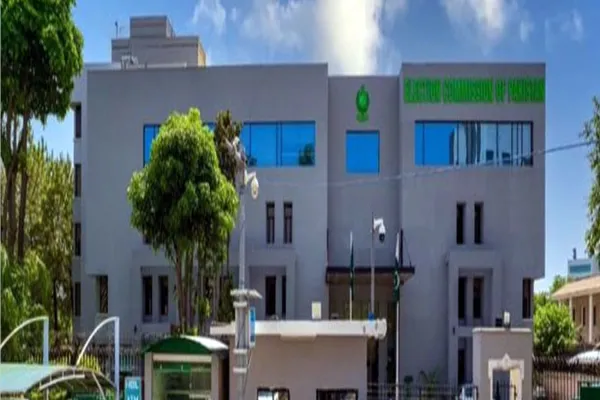i NEWS PAKISTAN
Pakistan witnessed a significant 8.0 percent year-on-year (YoY) decline in petroleum product sales for the month of August 2023, according to industry experts. This sharp drop in sales was predominantly attributed to a staggering 64 percent YoY reduction in Furnace Oil (FO) sales, largely driven by the nation’s decreased reliance on FO-based power generation. The decline in FO sales can be attributed to the addition of new local coal-based power plants, a trend experts have been closely monitoring.However, the month of August did bring some positive news for the industry, with Motor Spirit (MS) and High-Speed Diesel (HSD) sales surging by 5.0 percent and 11 percent YoY, respectively.
This growth was attributed to the absence of heavy rainfall compared to the previous year, creating a more favorable environment for these products. On a month-on-month (MoM) basis, the petroleum industry did experience a 4.0 percent increase in sales during August 2023, driven by a rising fortnightly pricing trend throughout the month. MS sales increased by 2.0 percent MoM, totaling 0.67 million tons, while HSD sales witnessed an impressive 11 percent MoM growth, reaching 0.55 million tons. In contrast, FO sales plummeted by 18 percent MoM, falling to 0.12 million tons, reflecting the earlier-mentioned shift in power generation methods.
For the first two months of the fiscal year 2024, Pakistan’s total petroleum product sales declined by 7.0 percent YoY, amounting to 2.76 million tons.Analysing the performance of individual companies in the petroleum sector, it was noted that Pakistan State Oil (PSO) experienced an 8.0 percent YoY reduction in August 2023, primarily due to an 86 percent YoY plunge in FO sales. Conversely, MS and HSD reported robust growth, with 15 percent and 32 percent YoY increases, respectively. Meanwhile, Attock Petroleum Limited (APL) and Shell Pakistan Limited (SHEL) saw declines of 2.0 percent and 11 percent YoY, respectively, while HASCOL’s off-take witnessed a remarkable 27 percent YoY jump.In cumulative terms, the petroleum sales of PSO, SHEL, and APL decreased by 10 percent, 9.0 percent, and 5.0 percent YoY, respectively, during the first two months of fiscal year 2024. Conversely, HASCOL showcased a remarkable 60 percent YoY growth during this period.
Market share dynamics also underwent changes during the initial months of fiscal year 2024. PSO’s market share declined by 1.4 percent to 50.9 percent compared to 52.3 percent in the same period the previous year. In contrast, SHEL’s market share dropped slightly to 6.96 percent YoY, down from 7.10 percent in the same period last year. Meanwhile, APL and HASCOL saw their market shares rise to 10.2 percent (from 10.0 percent) and 2.9 percent (up from 1.7 percent) in the first two months of fiscal year 2024, respectively. Other Oil Marketing Companies (OMCs) maintained a stable market share at 29.0 percent during this period. The petroleum industry in Pakistan continues to navigate challenges and shifts in demand, with companies seeking to adapt to evolving market conditions and consumer preferences.
Credit: Independent News Pakistan (INP)









